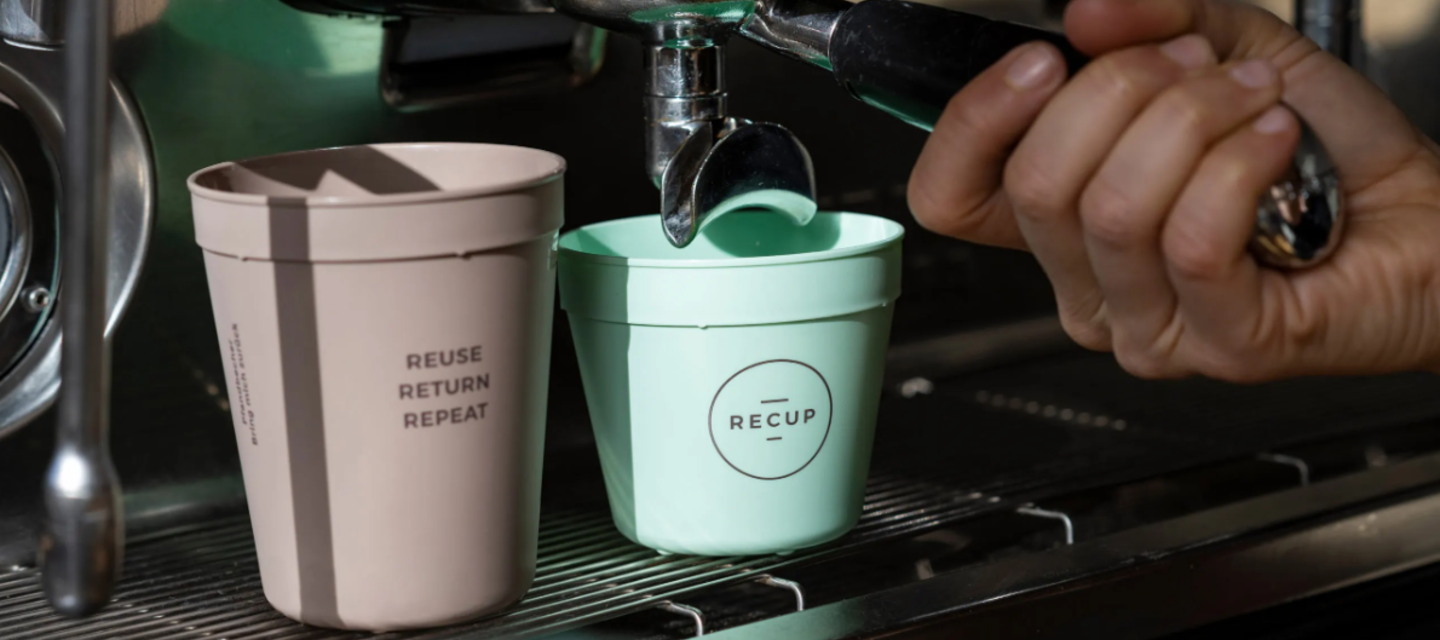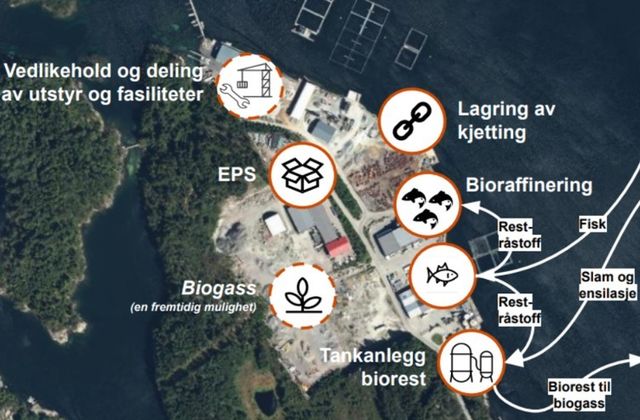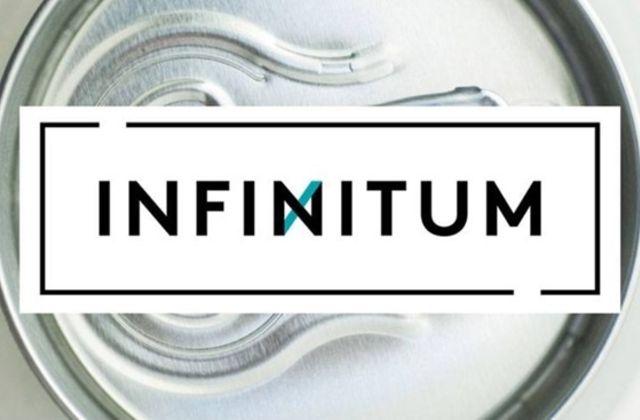What is it?
RECUP is the largest returnable system for drinks and food to go in Germany. Customers pay a small deposit when they purchase food or drinks in RECUP’s reusable containers at its partner restaurants or online via a food delivery app (Lieferando/Uber Eats). The deposit is easily refundable when the container is returned to any of RECUP’s 20,000 participating partners across Germany (RECUP, 2023a). Recent advancements in national and EU plastic regulations have accelerated the expansion of circular plastic solutions such as RECUP (European Commission, 2022). For example, since Mehrwegpflicht (mandatory offering of reusable packaging) came into effect on Jan 1st, 2023, the RECUP partner network has grown by 3,800 partners (RECUP, 2023c).
Why is this important?
Plastic containers from takeaway food and drinks adversely impact biodiversity and the natural environment. It dominates the litter in the world’s oceans. Single-use bags, plastic bottles, food containers and food wrappers are the four most widespread items polluting the ocean, making up almost half of the human-made waste (Morales-Caselles et al., 2021). In Germany, more than 190,000 tons of waste are generated yearly from disposable cups, cutlery, plates, and meal boxes, burdening the climate with 830,000 tons of CO2 annually (Deutsche Umwelthilfe, 2022). Reusable containers can serve as sustainable alternatives to disposable containers, reducing environmental impact. For example, one RECUP can replace up to 1,000 disposable cups, and one REBOWL can replace up to 500 disposable packaging (RECUP, 2023a).
Main resource strategy: Slowing the resource loop with durable and reusable packaging as sustainable alternatives to single-use plastics for takeaway food and beverages.
Other resource strategies: Closing the loop as RECUP containers and cups are 100% recyclable (RECUP, 2023c)
Business model aspects:
- Value Proposition: Sustainable takeaway food solutions for customers and restaurants
- Value Creation & Delivery: Customers can borrow takeaway containers (with a deposit) when they purchase food and drinks from RECUP partner locations. Depending on the container, the deposit ranges from €1-5. Customers can get the deposit back when they return the containers to any of the 20,000 distribution points (RECUP, 2023d). Partner restaurants can save resources and money by switching from disposable containers to reusable ones from RECUP (RECUP, 2023e).
- Value Capture: For partner cafés and restaurants, RECUP charges a monthly service fee, ranging from € 25-45, plus deposits on each cup or bowl the establishment orders. The breakeven point for businesses is an estimated at 12 to-go drinks per day (Grist, 2021).
Business model experimentation practices:
RECUP was started by two German students in 2016 to create a deposit scheme for to-go coffees. They wanted to create a nationwide deposit scheme similar to Germany's existing “Pfand” (deposit system). The pilot was launched in the city of Rosenheim, Germany (Blauer-Engel, 2023).
Sustainability outcomes:
RECUP helped to avoid 700,000 disposable cups in 1 year with just one partner (RECUP, 2023b).
Sources:
Blauer-Angel (2023). RECUP reusable cult deposit system. Accessed 9 Feburary 2023 at: https://www.blauer-engel.de/en/products/recup-mehrwegbecher-pfandsystem
Deutsche Umwelthilfe (2022).Klimaschutz braucht Mehrweg. Accessed 29 August 2022 at: https://www.presseportal.de/pm/22521/5259553
European Comissions (2022). EU restrictions on certain single-use plastics. Accessed 29 August 2022 at: https://environment.ec.europa.eu/topics/plastics/single-use-plastics/eu-restrictions-certain-single-use-plastics_en
Grist (2021). This German startup offers a simpler way to recycle your coffee cup. Accessed 15 February 2023 at: https://grist.org/food/coffee-to-go-cup-recup-reusable-container/
Morales-Caselles, C., Viejo, J., Martí, E., González-Fernández, D., Pragnell-Raasch, H., González-Gordillo, J. I., ... & Cózar, A. (2021). An inshore–offshore sorting system revealed from global classification of ocean litter. Nature Sustainability, 4(6), 484-493.
RECUP (2023a). Mission. Accessed 15 January 2023 at: https://recup.de/mission/
RECUP (2023b). Nachhaltigkeit. Accessed 29 August 2022 at: https://recup.de/nachhaltigkeit/
RECUP (2022c). Mehrwegpflicht beschlossen: Das bedeutet die Novelle des Verpackungsgesetz für die Gastronomie. Accessed 29 August 2022 at: https://recup.de/mehrwegpflicht-beschlossen/
RECUP (2022d). Frequently Asked Questions. Accessed 29 August at: https://recup.de/faq/
RECUP (2022e). Das größte Mehrwegsystem für die Gastronomie. Accessed 29 August 2022 at: https://recup.de/fuer-gastronomen/
***
About project Circular X
Project Circular X is about ‘Experimentation with Circular Service Business Models’. It is an ambitious research project funded by the European Research Council (ERC) which supports top researchers from anywhere in the world. Project CIRCULAR X runs from 2020-2025. The project is led by Principal Investigator (PI) Prof Dr Nancy Bocken, who is joined by a multidisciplinary team of researchers at Maastricht Sustainability Institute (MSI), Maastricht School of Business and Economics, Maastricht University. The project cooperates with businesses who want to innovate towards the circular economy.
Project Circular X addresses a new and urgent issue: experimentation with circular service business models (CSBMs). Examples of such new business models include companies shifting from selling products to selling services and introducing lifelong warrantees to extend product lifetimes. However, CSBMs are far from mainstream and research focused on experimentation is little understood. The research aims to conduct interdisciplinary research with 4 objectives:
- Advancing understanding of CSBMs; their emergence and impacts
- Advancing knowledge on CSBM experimentation
- Developing CSBM experimentation tools
- Designing and deploying CSBM experimentation labs
Funding source
This project has received funding from the European Research Council (ERC) under the European Union’s Horizon 2020 research and innovation programme, grant agreement No. 850159.
Using of this information
When you refer to this case, please use the following source:
Circular X. (2023) Case study: RECUP - Reusable containers for food on the go. Accessed from www.circularx.eu



